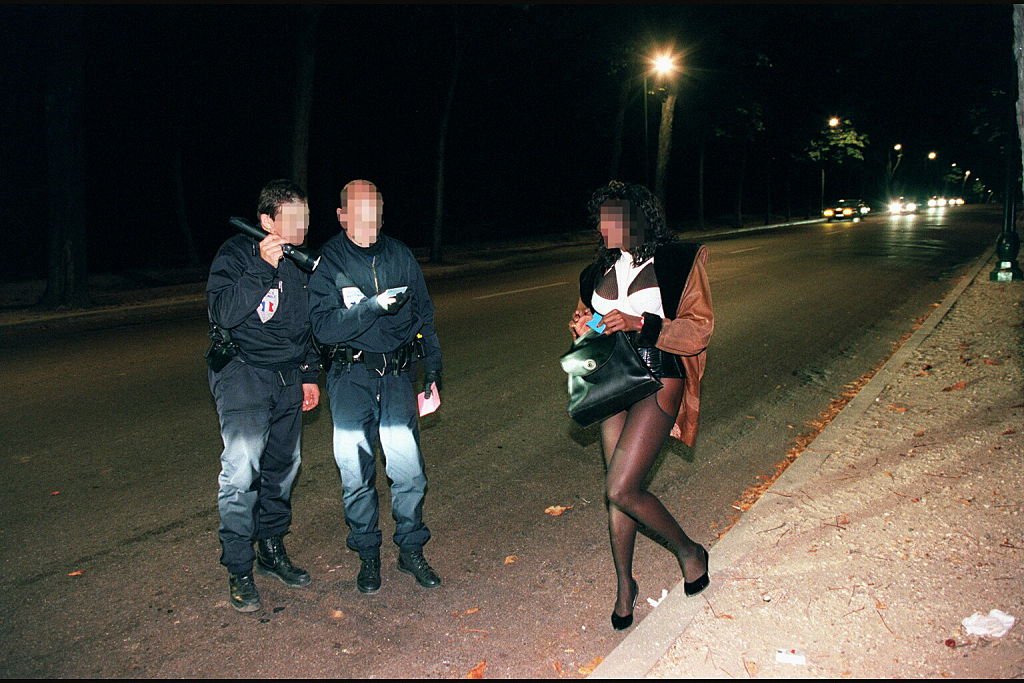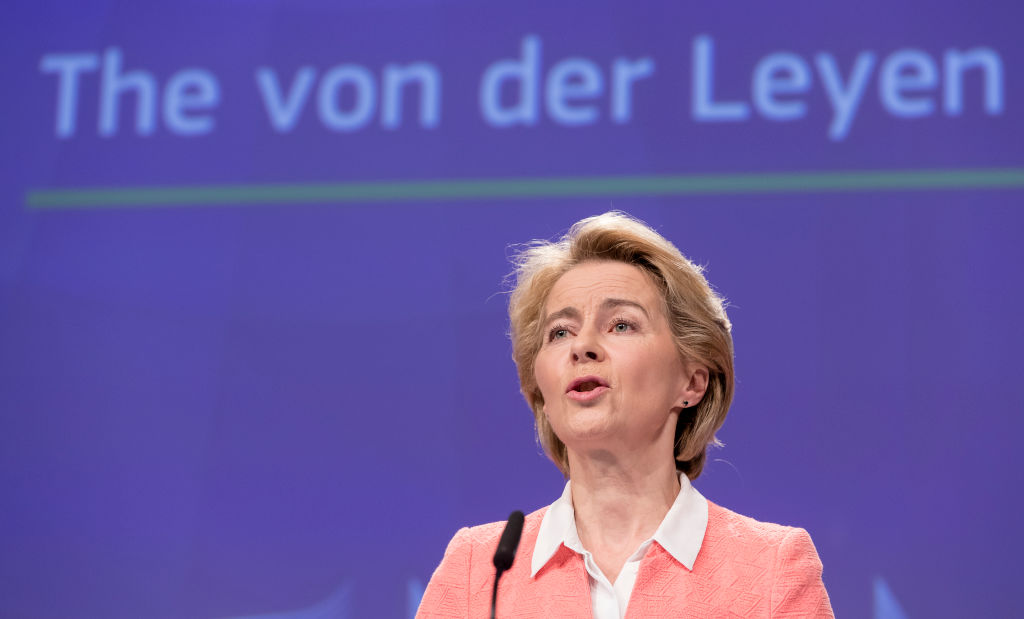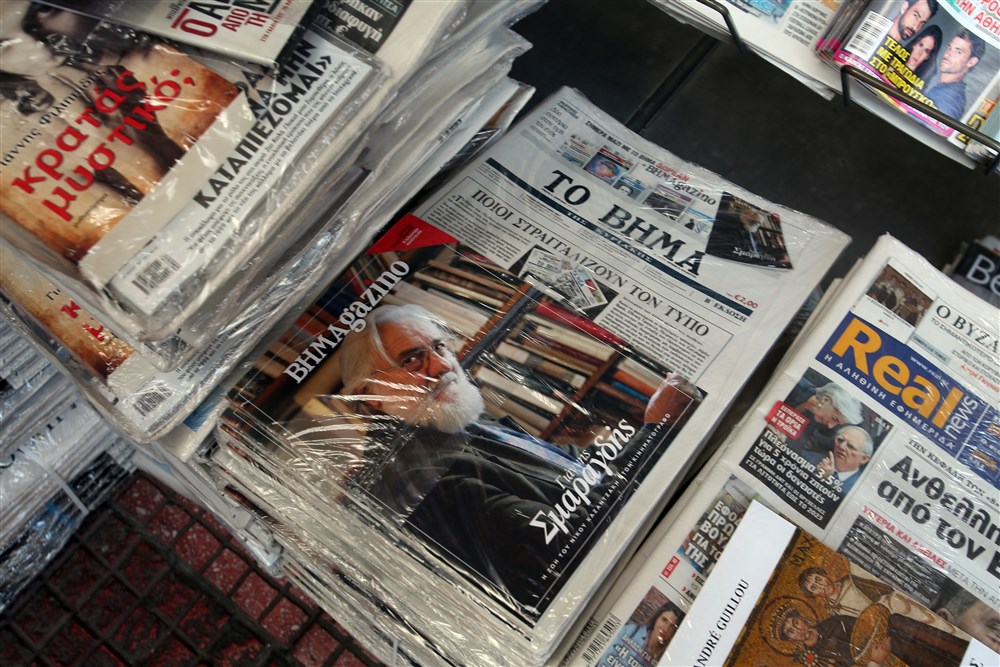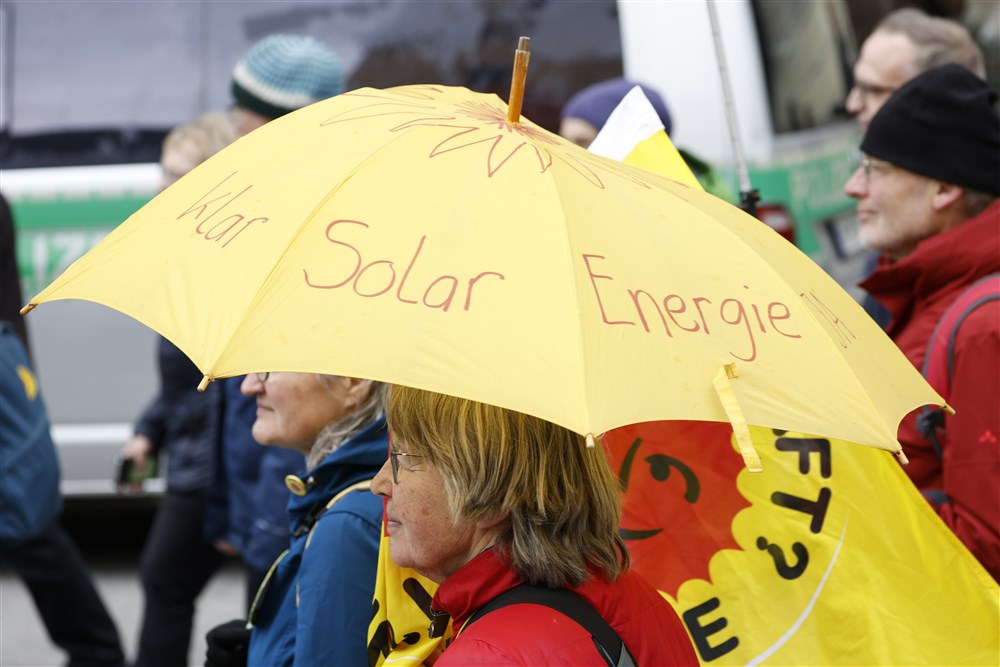Europe’s largest organisation representing journalists fears a European Union directive on media protection could be undermined by the Council of Ministers.
On July 11, the European Parliament approved “new and concrete measures to protect journalists from abusive lawsuits filed to silence them” by tying them up in lengthy, expensive and exhausting court cases. These types of malicious lawsuits are referred to as SLAPPs (Strategic Lawsuits Against Public Participation).
The EU’s proposed anti-SLAPP directive “does indeed set the standards for which civil society has been advocating”, says the European Federation of Journalists (EFJ) but it cautions that disagreements between the EU’s legislating institutions could water-down the directive’s effectiveness.
“We are currently at a junction,” Becca Bonello Ghio, EFJ’s projects and policy junior officer, told Brussels Signal.
“We still don’t know which version of the text will be adopted by the end of the negotiations; that of the Parliament, which we find to be quite strong, or that of the Council, which is quite weak in terms of its scope.”
The directive is also known as “Daphne’s Law” in memory of the Maltese investigative journalist Daphne Caruana Galizia, who was assassinated in October 2017. At the time of her death, she had almost 50 SLAPP-type cases filed against her and reportedly had to appear in court practically every day.
“Let’s ensure Daphne’s law will be worthy of its name” Thank you @DavidCasaMEP https://t.co/RF6NAqagfS
— Matthew Caruana Galizia (@mcaruanagalizia) July 11, 2023
“An important milestone,” said Maltese MEP David Casa, who is with the European People’s Party group and has campaigned for the legislation for over five years, after Parliament’s vote.
“Council must not squander the opportunity to finally secure an effective anti-SLAPP law.”
Bonello Ghio said the European Commission and parliament “seem to better understand that the directive is intended to rebalance the power [between] the ‘SLAPPer’ and the target, but it is to be seen whether they will influence the negotiations in a meaningful way”.
The directive supports measures such as early dismissal mechanisms for unwarranted cases and protections for those targeted, including compensation for damages and access to legal and psychological support.
The Council’s revisions would reduce the application of such measures, notes Paulina Milewska, a researcher at the European University Institute and senior advisor for the European Centre for Press and Media Freedom.
“The proposal of the Swedish presidency of the Council on changes to the proposed directive might be significantly harmful to the scope of protection offered to victims,” Milewska said.
“Hopefully, the fate of the directive will be positively decided soon and the pressure of civil society will protect it from watering down.”
Even if the stronger-worded directive is adopted, Bonello Ghio says, it will be limited to cross-border cases—a high proportion of SLAPP cases involve the defendant, claimant and court not being based in the same country.
The European Commission’s recommendations accompanying the directive, and which provide Member States with further guidance on how to beef up their anti-SLAPP legislation, are non-binding.
It will be up to Member States “to introduce national anti-SLAPP law to properly protect journalists and other public participants”, Bonello Ghio says, and to “go beyond the directive to cover domestic cases” by incorporating into legislation the commission’s recommendations.
At the same time, concerns have been raised that the anti-SLAPP directive could be used to suppress legitimate court proceedings.
“It is conceivable that justified court proceedings in Member States that are pursuing policies contrary to the left-liberal EU agenda would be classified as SLAPP in Brussels in order to be able to impose sanctions on these states,” Gunnar Beck, legal policy spokesman for the AfD delegation in the EU Parliament and deputy chairman of the ID parliamentary group, said in a press release.
“So what we are dealing with here is a technical problem in the legal sense, which, moreover, can be politically abused.”
Various studies and data collected by the Mapping Media Freedom project illustrate that SLAPPs are a problem in almost every Member State, Milewska said.
According to Coalition against SLAPPs in Europe (CASE), SLAPP cases across Europe have been steadily increasing, with the highest number recorded of 114 cases in 2020, followed by 2021 with 111 cases.
The EFJ represents more than 320,000 journalists in 73 journalists’ organisations across 45 countries and says it is “recognised by the European Union and the Council of Europe as the representative voice of journalists in Europe”.
Following the July 11 vote, on July 12 the European Parliament, Commission and Council began three-way negotiations. This “will lead to the final compromise text between the institutions on which the Parliament will vote,” Bonello Ghio said.





